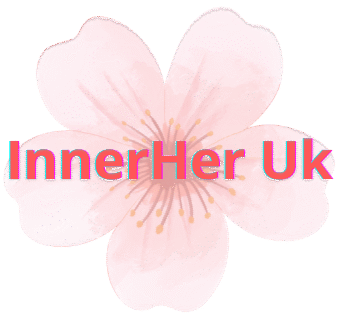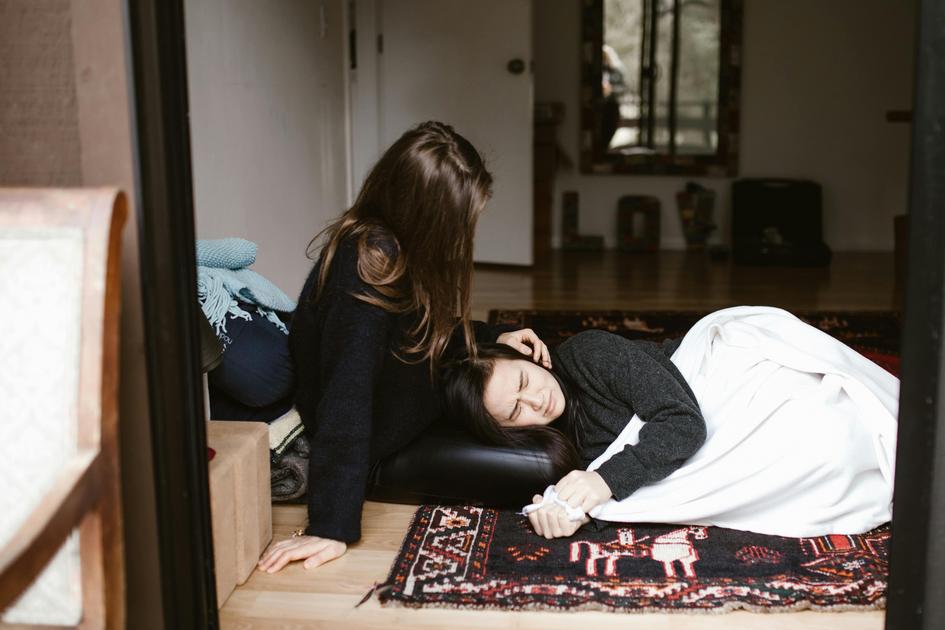Have you been silently struggling with hair loss, feeling like it’s a hidden battle? For many women, especially those over 30, this issue can be more than just physical; it can take a toll on our emotional well-being. The journey of uncovering effective hair loss solutions begins with understanding the root causes and knowing we aren’t alone in this experience.
Many are affected by factors such as hormonal imbalances, stress, and aging, leading to diminished self-esteem and a sense of helplessness. But there’s hope—we’ll explore some powerful strategies that women have embraced to restore their confidence and health. Remember, healing is possible, and we are in this together.
As you read through, consider what many women are achieving without heavy medications. Together, let’s discover practical solutions for hair loss.
Understanding Hair Loss in Women
Hair loss in women can be a distressing experience. It’s not just about losing hair; it’s about the emotional and psychological toll it takes. Unlike men, women often internalize the experience, viewing it as a threat to their femininity and beauty. The hair is frequently considered a major part of a woman’s identity, making the journey of hair loss particularly poignant.
Understanding the nuances of hair loss is crucial. It can manifest in various ways, such as thinning across the scalp, bald patches, or receding hairlines. The experience varies significantly among individuals, and many women worry that they are alone in their struggles.
Common Causes of Hair Loss
There are many reasons why women may experience hair loss:
- Genetics: A family history of hair loss can determine one’s likelihood of experiencing similar issues.
- Hormonal Changes: Fluctuations caused by pregnancy, menopause, or thyroid issues can trigger hair loss.
- Medical Conditions: Conditions like polycystic ovary syndrome (PCOS) or autoimmune diseases can lead to thinning hair.
- Stress: Physical or emotional stress can result in temporary hair loss known as telogen effluvium.
- Nutritional Deficiencies: Lack of essential vitamins and minerals can contribute to weakened hair.
Emotional Impact of Hair Loss
The emotional struggle associated with hair loss is often overlooked. Women may experience:
- Anxiety: Concerns about appearance can lead to increased anxiety levels.
- Depression: For some, hair loss can significantly impact self-esteem, leading to depression.
- Social Withdrawal: Feelings of embarrassment can make social interactions challenging.
It’s essential to recognize that these feelings are valid. Many women feel isolated in their experience; however, by connecting with others, they can find support and understanding.
Natural Remedies for Hair Loss
Before turning to medical treatments, many women seek natural remedies. Some options include:
- Essential Oils: Oils like rosemary and lavender can promote hair growth when massaged into the scalp.
- Aloe Vera: Known for its soothing properties, aloe can nourish the scalp and reduce inflammation.
- Herbal Supplements: Herbs like saw palmetto and ginseng may support hair health.
- Scalp Massage: Regular massaging can stimulate blood circulation to the hair follicles.
Diet and Nutrition’s Role
Nutrition plays a vital role in hair health. A balanced diet rich in:
- Proteins: Essential for hair structure, include sources like fish, eggs, and legumes.
- Vitamins: Vitamins A, C, D, and E, as well as minerals like zinc and iron, are crucial for healthy hair.
- Omega-3 Fatty Acids: These can be found in fish, flaxseeds, and walnuts, promoting overall scalp health.
Maintaining a healthy diet not only supports hair growth but also improves overall well-being.
Hair Care Tips to Prevent Loss
Good hair care practices can help in preventing further hair loss. Consider the following tips:
- Gentle Washing: Use sulfate-free shampoos and avoid washing hair daily to prevent striping natural oils.
- Avoid Heat: Limit the use of heat styling tools that can damage hair.
- Regular Trims: Keeping hair trimmed reduces split ends and promotes healthier growth.
- Protect from Sun: Wearing hats can shield hair from harmful UV rays.
Hormonal Treatments and Options
In some cases, women may consider hormonal treatments due to hormonal imbalances. Options may include:
- Birth Control Pills: Can help regulate hormones in women experiencing hair loss due to hormonal changes.
- Thyroid Medications: If thyroid issues are identified, medications can stabilize hair loss.
- Hormone Replacement Therapy (HRT): Can assist those facing menopause-related hair loss.
Consultation with a healthcare provider is essential to determine the best approach based on individual needs.
Psychological Strategies for Confidence
Building emotional resilience is just as important as physical treatment. Here are some strategies:
- Positive Affirmations: Remind yourself daily of your worth and beauty beyond hair.
- Support Groups: Connecting with others facing similar issues can create a strong support network.
- Counseling: Professional help can provide tools to manage feelings associated with hair loss.
Real Stories: Women Overcoming Hair Loss
Reading stories of other women can be empowering. Many have shared their journeys of overcoming hair loss:
- Sara: After years of stress-related hair loss, she discovered meditation as a key to her recovery.
- Lisa: A nutrition overhaul transformed her health and hair, showcasing the power of diet.
- Emma: By joining a support group, she learned valuable coping mechanisms and built new friendships.
Steps Towards Healthy Hair Regrowth
It’s possible to achieve healthier hair by following a step-by-step approach:
- Assess Your Diet: Focus on nutrition and supplement where needed.
- Establish a Routine: Dedicate time for scalp care and nourishment.
- Seek Professional Help: Don’t hesitate to consult with medical professionals for guidance.
Each of these steps can lead to a journey of recovery and confidence. And it is crucial to know that many women have navigated this path successfully.
If you want to explore further solutions with gentle approaches, see how many women are resolving this without heavy medications.
Remember, it’s possible to improve your symptoms and embrace a journey towards healthier hair. Many women have done it, and you can too, just take it one step at a time.







